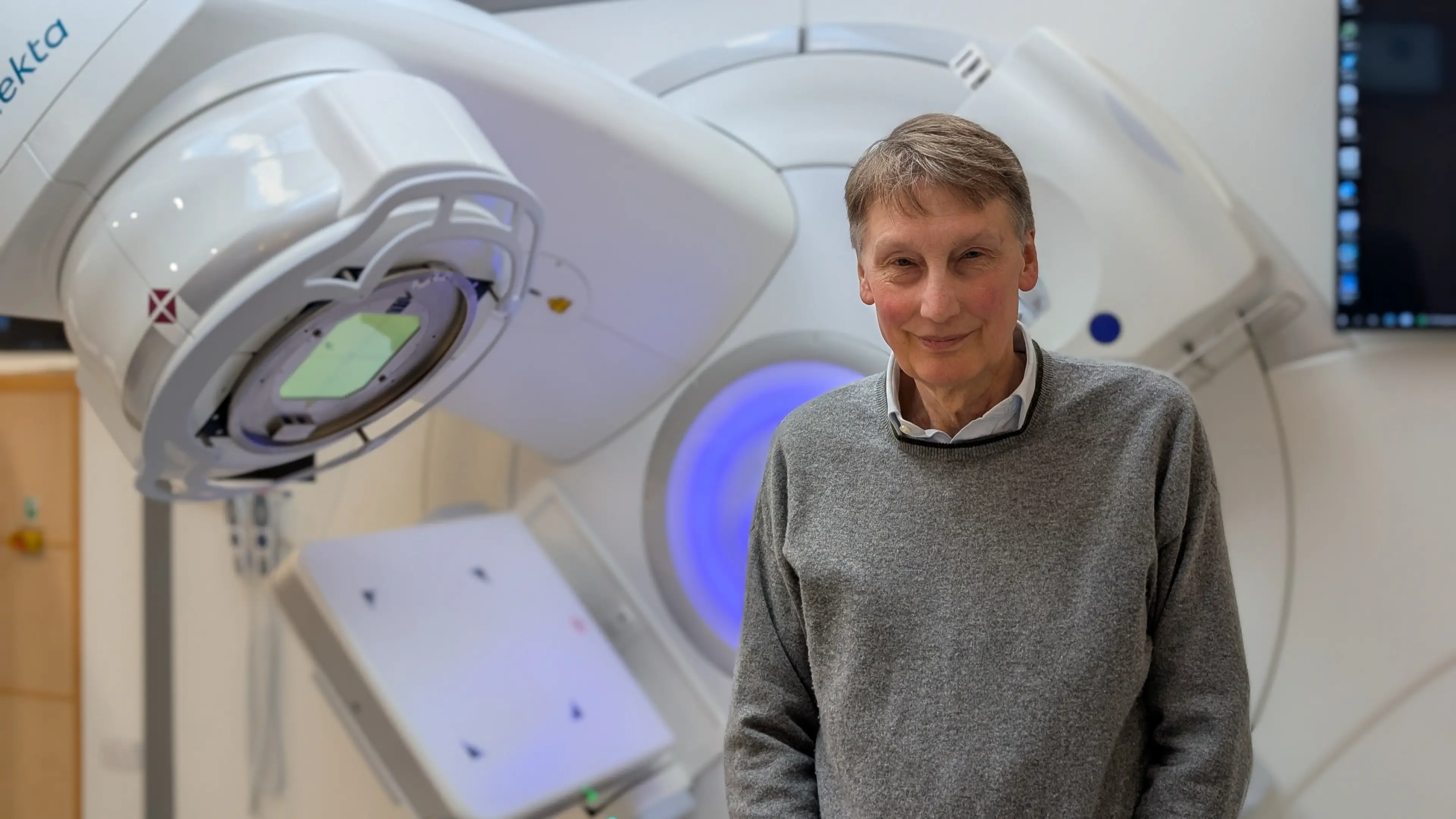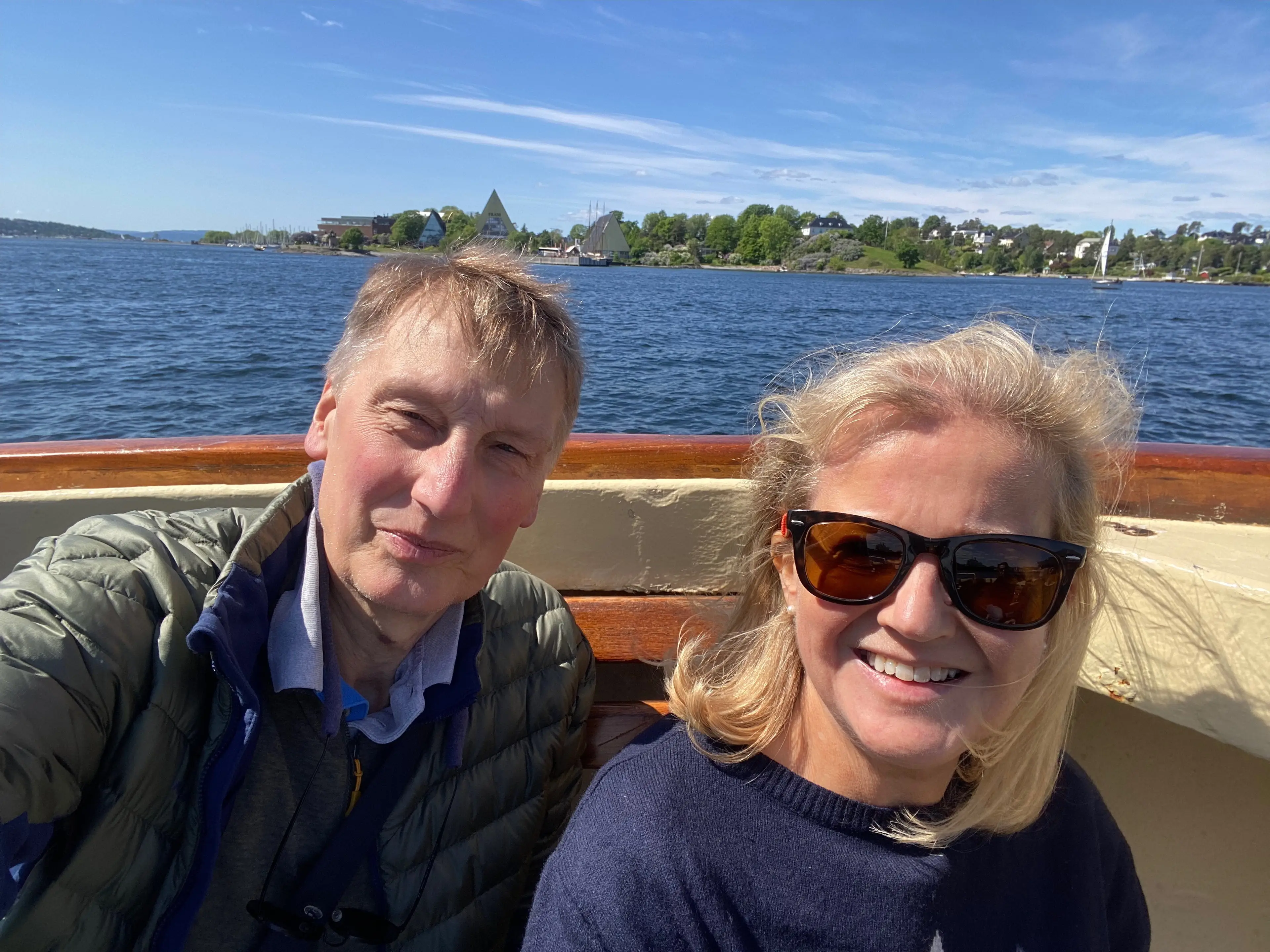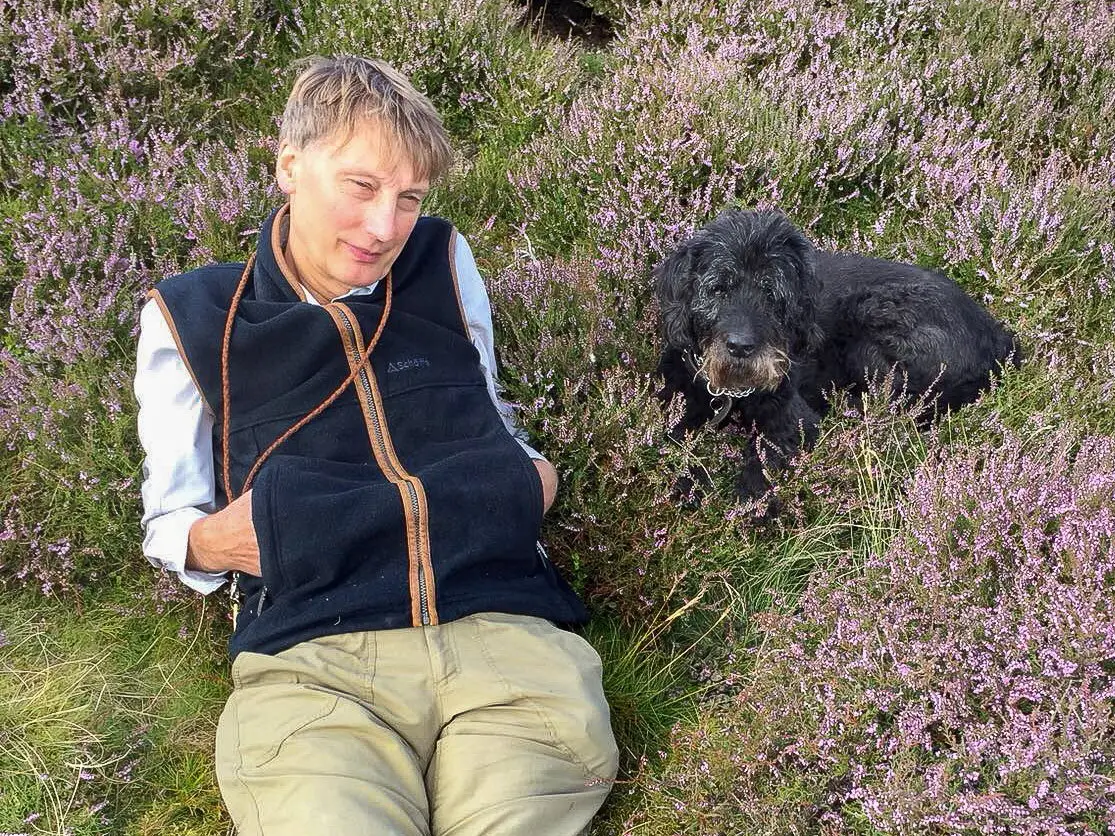
A top UK doctor has been left ‘devastated’ after being diagnosed with an incurable cancer he’s spent his life treating.
Professor Adrian Crellin helped launch the Bexley Wing at St James Hospital, Leeds, back in 2008 but ended up being transferred there himself in a ‘bizarrely reassuring’ ordeal of going from doctor to patient.
In May 2016, the now 70-year-old spotted blood in his urine and immediately went to his GP. And after being referred to see a specialist at the hospital, it was confirmed he had prostate cancer.
Further tests, including a blood test, MRI scan and bone scan, then revealed the cancer had spread to his bones.
Advert
"Being diagnosed with prostate cancer was a major shock, and finding out that it was incurable was devastating," Prof Crellin explained.

"But as I came to terms with the diagnosis, my outlook changed. My cancer cannot be cured, but it can’t be described as ‘terminal’ because that means my cancer would no longer be responsive to treatment."
Prof Crellin was awarded a CBE for services to radiotherapy in 2019 and is a consultant clinical oncologist at the University of Leeds and Leeds Teaching Hospitals NHS Trust. He also holds a senior role with NHS England and previously in Cancer Research UK.
Having such a background in the very diagnosis he received meant he ended up having a ‘mixture of two emotions’.
"One is I could think of every complication, side effect and worst possible outcome - I saw myself dead and buried very quickly," Prof Crellin explained.
And he said that a lot of the things that would frighten others, such as having radiotherapy or going into the radiotherapy suite, are a part of his ‘everyday life’.
The professor added: "Radiotherapy was something I lived with and I was not frightened of. Going through the doors for the first time, going into my own building was emotionally devastating, but once I was in, it was a place of sanctuary.

"I had confidence in my colleagues, it was a place I knew - and I didn't have any uncertainties."
Since his diagnosis, Prof Crellin has undergone chemotherapy, and radiotherapy, and is still receiving hormone treatment.
He has praised the treatment he has received, as it’s ‘controlled the areas of spread and helped to keep the primary tumour under control’.
"The proof of the pudding - I am still here," he added.
The professor explained stereotactic radiotherapy focuses on very small areas with huge accuracy.
"This increases the treatment’s safety and gets it under control, rather than just making the pain go away," he said.
"It can control the disease, and that has extended my life - and protected my quality of life.
"After treatment on some areas of spread, my scans and tests have gone back to normal and I am still here eight years later."
While it’s ‘bloody awful’ living with incurable cancer, Prof Crellin has been reassured by having ‘incredible confidence’ in his colleagues and is still able to do a lot of what he used to, such as playing tennis.
If you’ve been affected by any of these issues and want to speak to someone in confidence, contact Macmillan’s Cancer Support Line on 0808 808 00 00, 8am–8pm seven days a week.